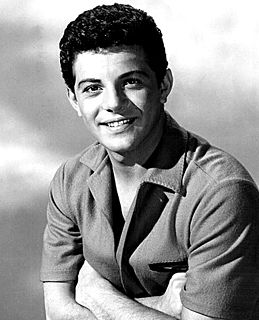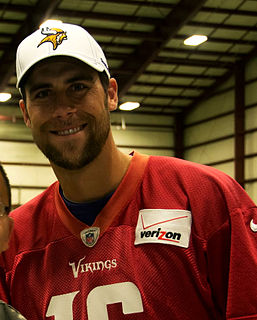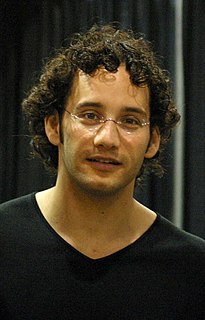A Quote by Camille Grammer
I've learned It 's better to address conflicts head on and then move on.
Related Quotes
Ironically, people who suppress the mini-confrontations for fear of conflict tend to have huge conflicts later, which can lead to separation, precisely because they let minor problems fester. On the other hand, people who address the mini-conflicts head-on in order to straighten things out tend to have the great, long-lasting relationships.
From one week to the next, everything changes from who you're playing to the defense's scheme. You just try to build on the things that you did well and correct the things that you did poorly in the game; then, move forward from there and hopefully continue to get better and better and better as you move forward.
Having been through a tremendous amount of emotional pain, to process it properly, to be able to have it make sense and then move it through your body, your mind, your spirit, and be done with it, you really have to address it head-on. Being able to really have the courage enough to truly face it, to truly look at it, to truly feel it.
When we see so many conflicts multiplying, the only way to allow the international community to be able to address those conflicts, the only way to allow the international community to act boldly, is with unity of the countries of the region, able to serve together and in the same universal principles.
It is the most powerful submission in the sport. It is a beautiful thing. You're holding them into you, their back is on you, and you are basically choking them gradually like a boa constrictor and once you've got them, the pressure goes on and they have to submit or they are going to stop breathing. It happened to me early in my career, and I panicked, and gave in, I tapped out too early. I learned a lot from that. I learned from it, learned how to do the move better, learned how to avoid it being done to me.



































